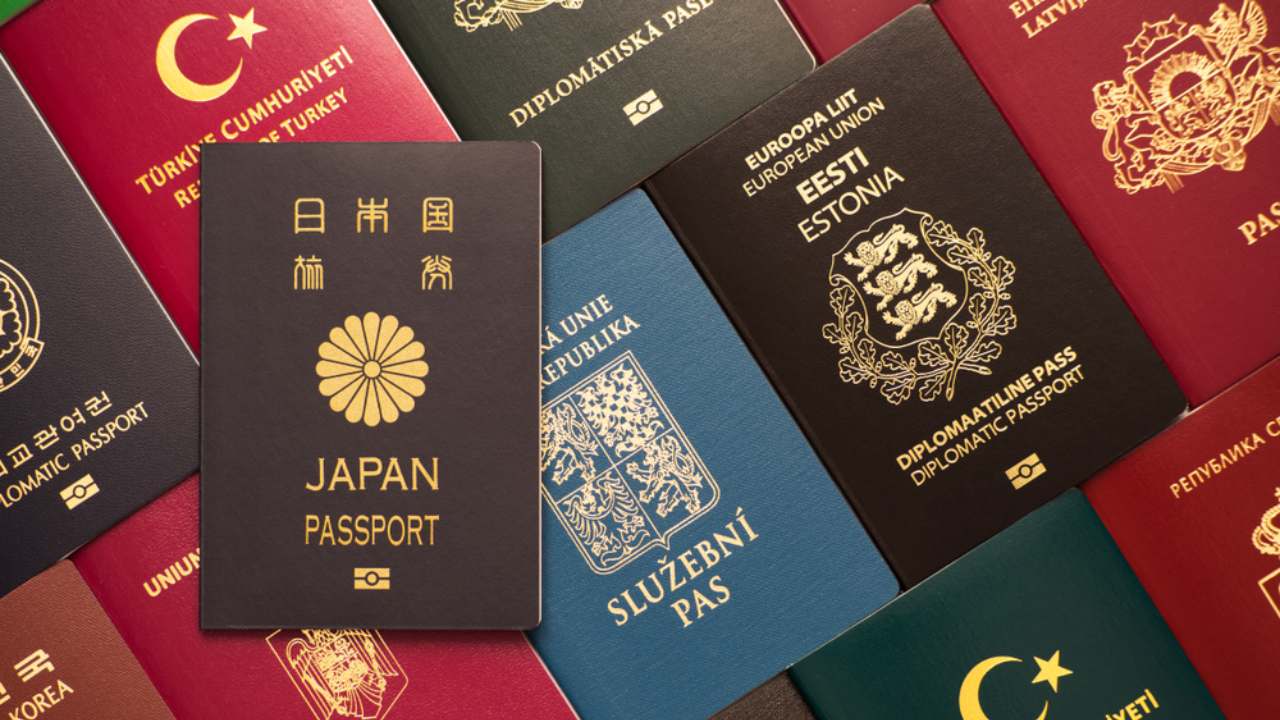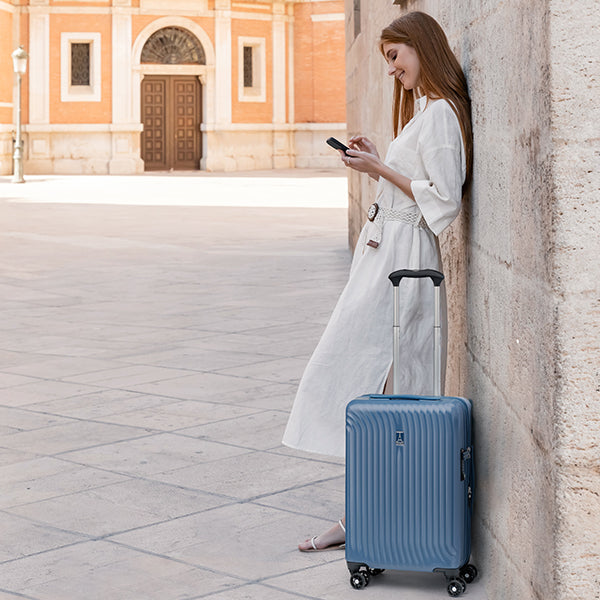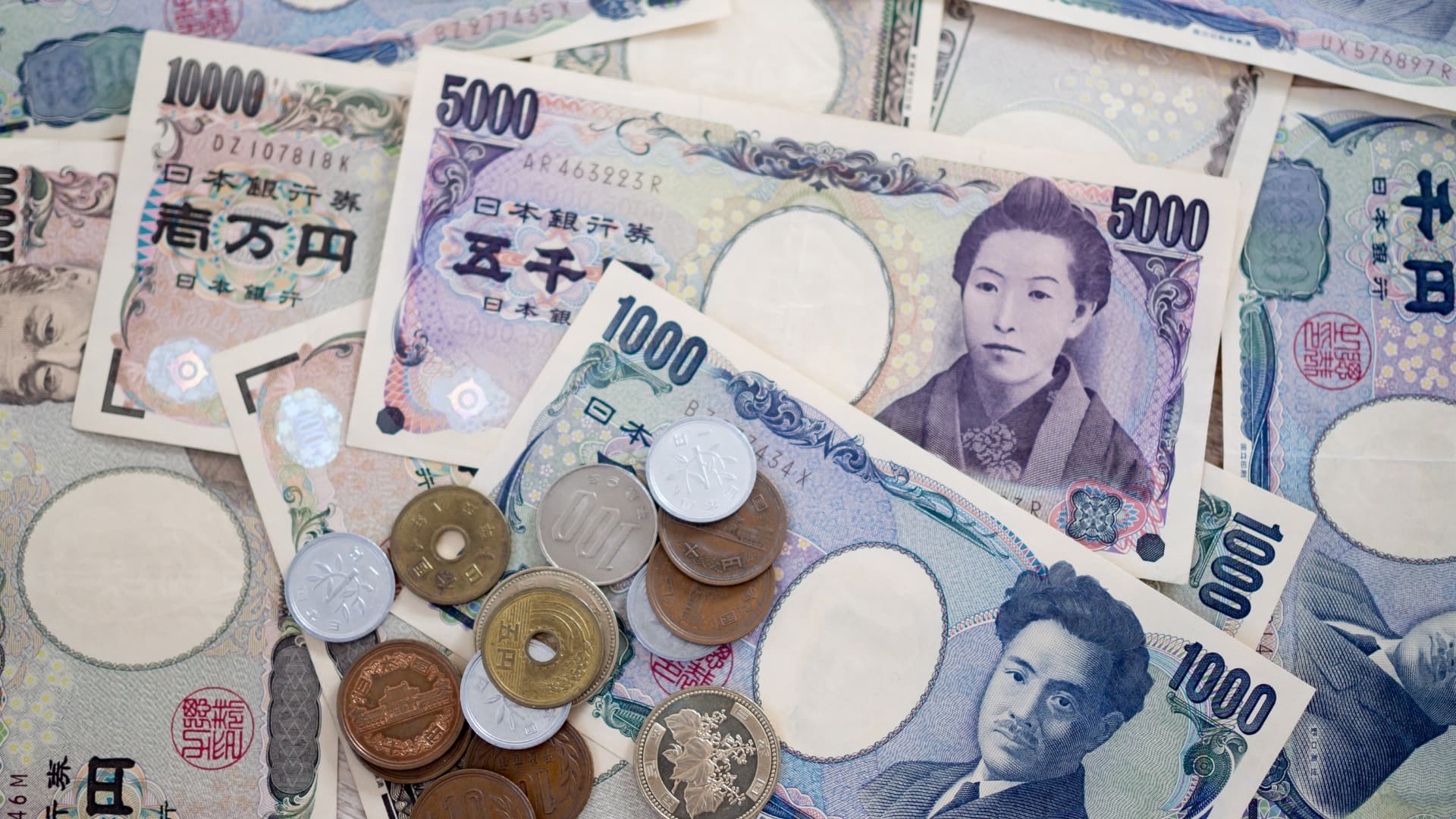
Things to know when going to Japan for the first time
Share
When coming to and living in any country, you need to have legal documents. So, if you live in Japan, what kinds of procedures and documents will you need? Let's find out with CTS!
First of all, the prerequisite is that you must have a Visa appropriate for your purpose of stay (e.g., study abroad, work, visiting relatives, spouse). After entering Japan (usually at the airport for major ports of entry), you will be issued a Residence Card (Zairyu Card - 在留カード). This is considered the most important identification document for foreigners in Japan.Next, within 14 days of establishing a stable residence address, you are required to go to the City/Ward Office (役所 - Yakusho; 市役所 - Shiyakusho / 区役所 - Kuyakusho) where you live to complete the Address Registration (住民登録 - Jūmin Tōroku) procedure. This registration is necessary for you to enroll in National Health Insurance (国民健康保険 - Kokumin Kenkō Hoken) (if you are not covered by employee insurance), register for a bank account, and receive your My Number (マイナンバー), which is Japan's social security and tax identification number.Besides these core requirements, depending on your needs, you might also need to handle other procedures such as opening a bank account (銀行口座 - Ginkō Kōza), getting a phone number, or applying for a driver's license (運転免許証 - Unten Menkyo-shō).
1. Identification Documents:
Japanese ID Card Verification with Regular
To ensure you meet the entry requirements for Japan and have a safe, enjoyable trip, please prepare the necessary documents and items as follows:
Passport: The passport is the most important identification document when traveling abroad. Make sure your passport is valid for at least 6 months before the intended date of entry into Japan. If your passport is about to expire, renew it before applying for a visa.

Visa: Depending on the purpose of your trip (tourism, business, studying, etc.), you will need to apply for the appropriate visa. Make sure to thoroughly research the types of visas and the application process for Japan. Submit your visa application early to avoid delays.
Flight Ticket: You need a round-trip flight ticket to prove that you intend to leave Japan after your trip. If you plan to visit other countries after Japan, prepare a flight ticket to your next destination.
Travel Insurance: Travel insurance will help protect you from health risks and accidents throughout your trip. Purchase a travel insurance policy with comprehensive coverage and high compensation limits.
Currency: It's advisable to exchange some Japanese Yen before your trip for convenience upon arrival. Additionally, you may bring credit cards or international ATM cards to withdraw cash or make payments.

Hotel: Book your hotel room in advance to ensure you have accommodation when you arrive in Japan.

Phone SIM or Wi-Fi Router: Purchase a phone SIM card or rent a Wi-Fi router to stay connected and access the internet during your trip.

Personal Items: Prepare clothing, footwear, and personal hygiene items suitable for the weather and culture in Japan.
Medications: If you are using prescribed medication, make sure to bring enough for the entire trip along with your doctor's prescription.
Contact Information: Write down the phone number and address of the Embassy or Consulate of Vietnam in Japan to contact in case of emergencies.
2. Luggage:
-
Checked luggage:

Ensure strict compliance with the weight and size regulations for checked luggage of the airline you choose. Excess or oversized luggage may incur high fees or even be denied transportation.
Weigh your luggage before arriving at the airport and make sure it is within the permitted limits.
Pack your luggage carefully to avoid damage during transit.
Attach tags with your name and contact information to your luggage for easy identification.
-
Carry-on luggage:

Carry-on luggage should only contain essential items for the trip and comply with the airline’s size and weight regulations.
Ensure compliance with liquid regulations, bringing only bottles with a capacity of less than 100ml stored in a transparent zip bag.
Electronic devices such as laptops, cameras, and mobile phones need to be declared and checked separately.
Prohibited items such as weapons, explosives, and sharp objects are not allowed on the plane.
-
Medications:

If you are using any medications, bring enough supplies for the trip and ensure they are in the original packaging with clear labeling.
If you use prescription medication, bring a doctor’s prescription to avoid issues at customs.
If you have any chronic illnesses, carry relevant medical documents and inform the airline before flying.
-
Currency:

Exchange some Japanese Yen (JPY) before departure so you can use it immediately upon arrival in Japan for expenses such as taxis, snacks, or small purchases.
Bring international credit or debit cards for convenient payments and cash withdrawals at ATMs in Japan.
Note that some small shops or restaurants in Japan may only accept cash, so having some Japanese Yen on hand is very important.
Inform your bank about your trip to avoid your card being blocked due to unusual transactions abroad.
3. Culture and Customs:

Language: Learn some basic Japanese communication phrases to facilitate interaction.
Clothing: Dress appropriately and respectfully according to the occasion.
Behavior: Respect the elderly, stand in line while waiting, and do not litter.
Food: Try traditional Japanese dishes and follow dining etiquette at restaurants.
Religion: Respect the beliefs and religions of the Japanese people.
-
Security and Health:
Security: Keep personal belongings safe and avoid walking alone at night in deserted areas.
Health: Purchase travel insurance, carry necessary medications, and pay attention to food safety hygiene.
v
-
Transportation:
Public Transport: Use trains, buses, and other public transport means to get around.
Car Rental: If you have an international driving license, you can rent a car to drive yourself.
Traffic Laws: Adhere to traffic laws and be cautious for safety while participating in traffic.
-
Accommodation Tips:
Hotels: Book hotel rooms in advance to ensure accommodation.
Guesthouses: If you want to save costs, you can choose guesthouses or hostels.
Airbnb: You may also rent rooms or apartments through Airbnb.
-
Shopping Tips:
Currency: Use Japanese Yen or international credit/debit cards for payments.
Tax: Tourists may get a tax refund when shopping at certain stores.
Bargaining: At some shops, you can negotiate to get a better price.
-
Attraction Tips:
Research Ahead: Learn about the attractions you want to visit and plan ahead.
Entrance Tickets: Buy entrance tickets in advance or on-site.
Timing: Visit attractions during off-peak times to avoid long lines.
-
Emergency Tips:
Embassy: Remember the phone number of the Vietnamese Embassy in Japan for emergencies.
Police: Call 110 to contact the police.
Fire: Call 119 to contact the fire department.
Emergency Medical: Call 119 for emergency medical assistance.
ffordable Softbank SIMs in Japan - Perfect for Light Users at CTS!
Need reliable, budget-friendly internet access while in Japan? CTS offers fantastic deals on Softbank SIM cards! If you have light data needs, we have the perfect plan for you.
Choose our one GB yearly plan for just five thousand five hundred Yen per year, or get a bit more data with our five GB option for only nine thousand five hundred Yen per year. Enjoy dependable Softbank connectivity without breaking the bank!
Ready for simple and affordable connection? Visit CTS today to get your Softbank SIM card! Find the plan that suits you best. Contact us at

.webp)